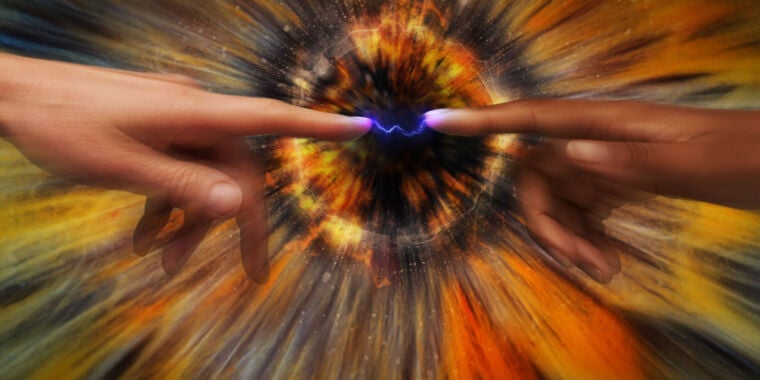- cross-posted to:
- [email protected]
- cross-posted to:
- [email protected]
Evidence shows that shoving data in peoples’ faces doesn’t work to change minds.
As a scientist heavily engaged in science communication, I’ve seen it all.
People have come to my public talks to argue with me that the Big Bang never happened. People have sent me handwritten letters explaining how dark matter means that ghosts are real. People have asked me for my scientific opinion about homeopathy—and scoffed when they didn’t like my answer. People have told me, to my face, that what they just learned on a TV show proves that aliens built the pyramids and that I didn’t understand the science.
People have left comments on my YouTube videos saying… well, let’s not even go there.
I encounter pseudoscience everywhere I go. And I have to admit, it can be frustrating. But in all my years of working with the public, I’ve found a potential strategy. And that strategy doesn’t involve confronting pseudoscience head-on but rather empathizing with why people have pseudoscientific beliefs and finding ways to get them to understand and appreciate the scientific method.



well i guess he’s saying that normally empathy requires reciprocity
I have no idea where the author got that idea. No common definition involves anything like reciprocity and I can’t think of a single example where that would be a requirement for someone to be empathic.
i’ve heard the opposite, “they hate us so why should we care about them!”
so i imagine from something like that…
That is a lack of empathy.